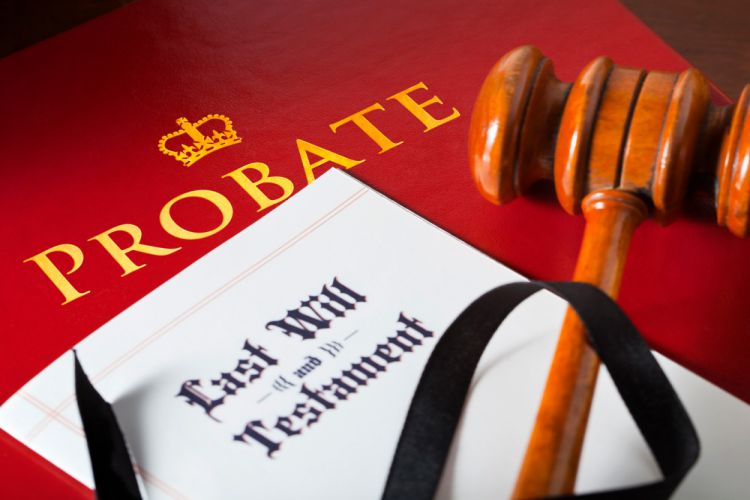 When inheriting money, property, or other assets, it is important to take steps to secure your rights and inheritance. First, examine the will or trust paperwork to understand exactly what you are entitled to inherit. Consult an attorney specializing in inheritance law if anything seems unclear. Require a complete accounting of the estate from the executor and keep records of all transactions. If you have reason to believe funds are being mishandled or assets sold off without your consent, seek legal recourse immediately to freeze accounts and assets until the matter is investigated. You may need to file injunctions to halt questionable sales.
When inheriting money, property, or other assets, it is important to take steps to secure your rights and inheritance. First, examine the will or trust paperwork to understand exactly what you are entitled to inherit. Consult an attorney specializing in inheritance law if anything seems unclear. Require a complete accounting of the estate from the executor and keep records of all transactions. If you have reason to believe funds are being mishandled or assets sold off without your consent, seek legal recourse immediately to freeze accounts and assets until the matter is investigated. You may need to file injunctions to halt questionable sales.
Table of Contents
Court Challenges
Consult an attorney if you believe that a will or trust document is invalid. They can help you contest the document in court through probate and trust litigation. Grounds for invalidating these instruments include:
– Lack of testamentary capacity: The deceased may have lacked sufficient mental faculty when signing due to illness or disability.
– Undue influence: Someone coercing, tricking, or forcing the deceased into making improper distributions.
– Improper execution: A will not completed correctly per state laws.
– Forgery: A fabricated document where the signature or contents were falsified.
An experienced litigator can investigate the circumstances around the drafting of the document and build arguments to overturn an improper will or trust in court if necessary.
Removing an Unsuitable Trustee
A trustee may be removed for various reasons. To do so, interested parties may file a removal request. The request should outline why the trustee is unsuitable, providing clear examples of how they have violated or failed at their duties.
Clear documentation and evidence should be compiled to demonstrate the trustee’s unsuitability and failures in living up to their legal duties. Witness testimony may also help demonstrate why removal is necessary. Getting an unsuitable trustee promptly removed helps mitigate any further violations of duty and allows the trust terms to be properly executed under improved stewardship.
Compelling an Accounting of Estate Assets
Executors and trustees are required to provide accountings that document the allocation and distribution of estate assets. If you suspect record keeping has been sloppy or assets misdirected, a litigator can petition the court to order a formal accounting.
This accounting must detail all assets, income, expenses, and payouts from the estate. Examining these records can reveal if assets went missing, were undervalued, or if excessive fees were paid out. The court can then order revisions to ensure distributions comply with the deceased’s wishes.
Recovering Unpaid Inheritances
If you are owed a bequest from a will or a trustee withholds trust fund disbursements without valid justification, you need to take further action. Reach out to the executor or trustee via a formal letter. Explain what funds you are owed and why. In this letter, include a date for the executor or trustee to respond.
If they do not respond, contact an attorney for help. They may first try additional negotiations with the executor or trustee. If still unsuccessful, they may recommend filing a lawsuit to compel payment. Lawsuits can compel parties to disclose estate accounting records that detail whether funds exist and where they went.
Refusal to pay without sufficient explanation can result in court-ordered payments. The probate court may also get involved to compel payment or remove a non-compliant executor if necessary. With an attorney’s counsel, you can determine appropriate solutions which may include settlement negotiations, mediation, or bringing the case before a judge if out-of-court resolutions are not reached. The goal is to demonstrate you rightfully deserve inherited assets, and compelling the payment through legal means if not distributed voluntarily.
Unfortunately, even family members can try to take more than their fair share when large sums are involved so you must actively monitor the disposition of the estate and enforce your rights through legal means if necessary. Arm yourself with knowledge and expert legal advice to protect your inheritance.






